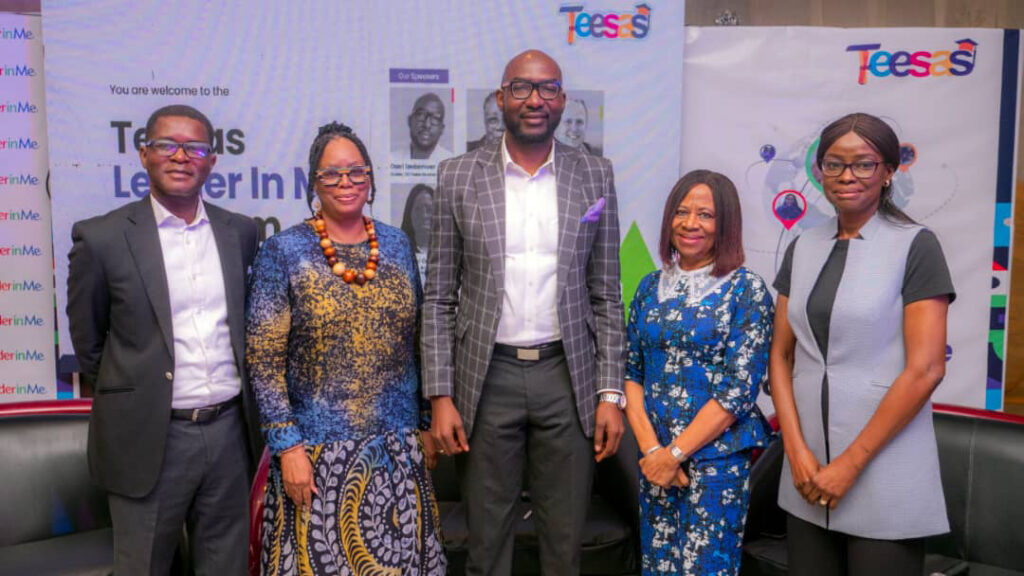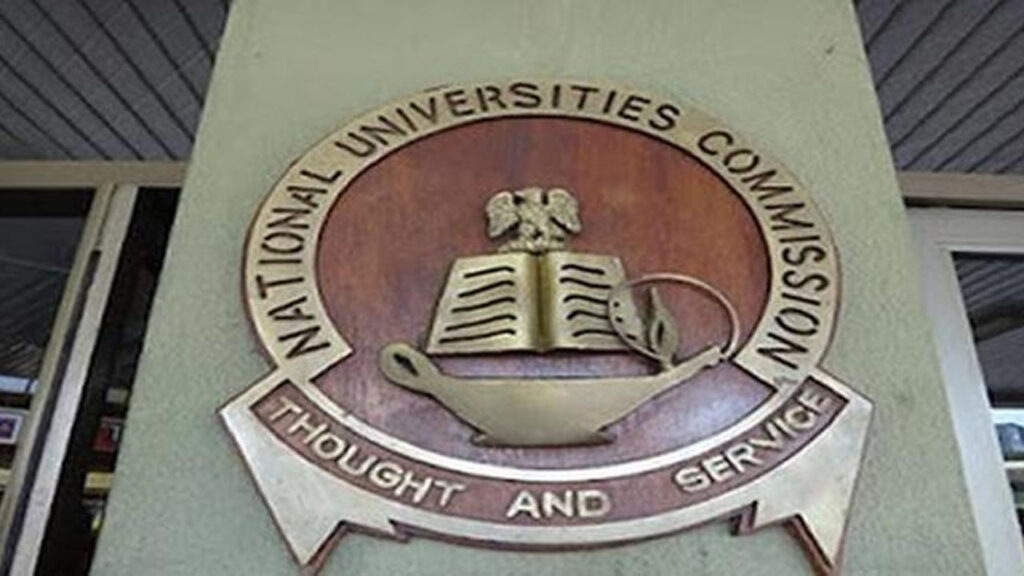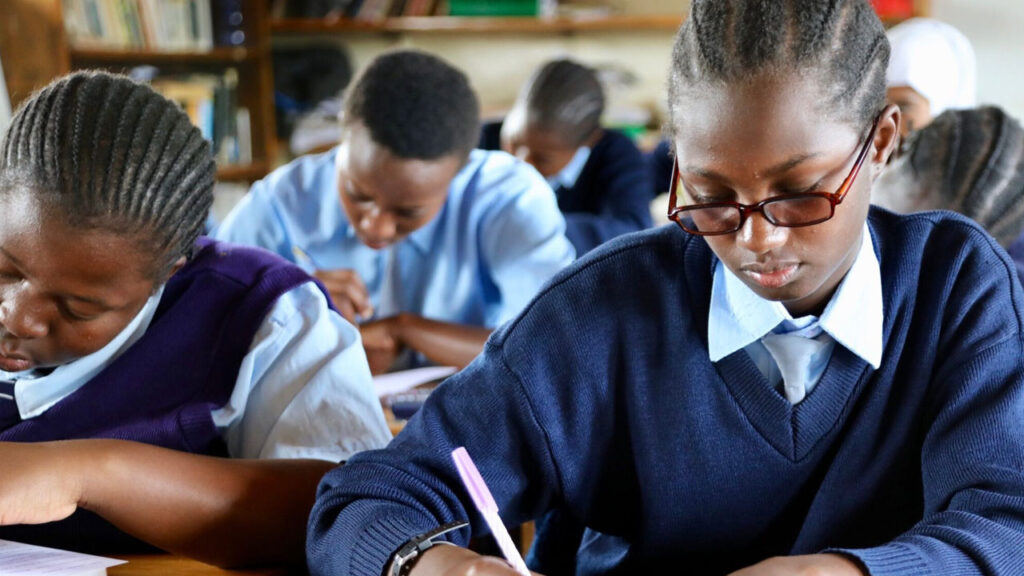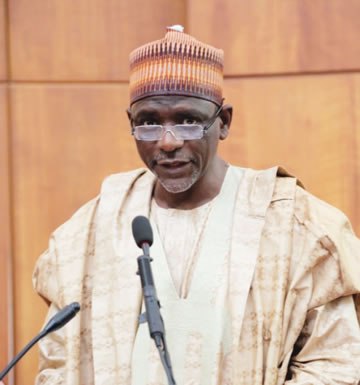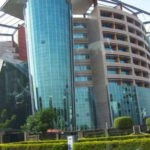
A marketing Communications and Public Affairs Strategist, Mr. Haroun Audu, has expressed concern over poor allocation to the education sector, saying a situation where the Federal Government spends only about 2.4 per cent of its Gross Domestic Product (GDP) on both health and education call for concern.
Audu spoke at the Unity Schools Old Students Association (USOSA) executive retreat in Jos, against the backdrop of reports that Nigeria has the highest number of out-of-school children. He said government at all levels must shore up measures of addressing the trend and put more children in school.
Audu, who spoke on “The role of Corporate Social Responsibility (CSR) in funding and supporting education,” reminded that learning is one of the central indicators of the Multidimensional Poverty Index (MPI), which measures years of schooling, attendance and quality of schools.
“Over the years, there has been a systemic collapse of the education sector. Incidentally, we have also witnessed a staggering rise in the level of criminality and insecurity in the country. We have also seen the Nigerian economy teeter on its legs, which has given rise to historic levels of corruption, desperation, marginalisation, and deep divisions across the country.
“When we consider the fact that Nigeria now has the highest number of out-of- school children and put that side by side with the fact that we are counted to be among the most insecure countries in the world today, then consider them as a mere case of coincidence or of empirical connection?
“Never in the history of this country, perhaps with the exception of the period of Nigeria’s Civil War, has the ideal of unity schools been more relevant, urgent and significant,” he declared.
He recalled that at USOSA’s yearly General Meeting of 2016, old students were reminded that unity schools were established and maintained by the Federal Government to foster peace and national development.
“As it is, funding of the sector is still inadequate. Since 2012, education spending as a percentage of GDP has dropped from 8.6 per cent to a mere five per cent. In contrast, education spending of countries like Cameroun, Zambia and Democratic Republic of Congo are 15 per cent, 12 per cent and 18 per cent respectively.
“This is very embarrassing considering the country’s clear advantage in human, financial and natural endowments, when compared to these three other central and southern African nations,” Audu explained.






